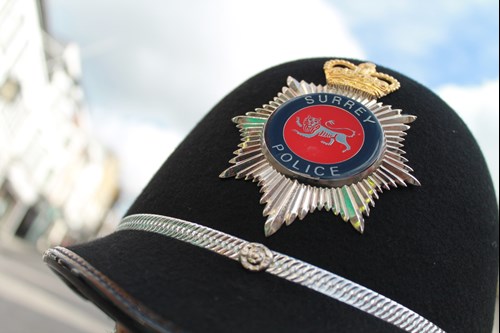Officers must follow proper post-incident procedures
14 November 2017

Police officers must ensure they are aware of post-incident procedures in case they are involved in a situation in which someone loses their life or is seriously injured.
PIP is often thought to be the prevail of firearms officers, but the procedure stretches far wider to custody, police driving and other areas of frontline practice the Federation has warned. Che Donald, from the PFEW, was speaking after the second annual Post-Incident Procedures seminar.
He said: “It’s a vitally important area of policing. But it is still shrouded in a lot of misconception and secrecy because the mind-set is that a post-incident procedure will only take place when police officers shoot someone, but that’s not necessarily the case.”
There were six deaths following police shootings in 2016/17, but 32 deaths following a police pursuit.
Mr Donald added: “Realistically, if you’re a frontline officer that drives a car and potentially carries a Taser, you are more likely to become involved in the post-incident procedure. Similarly for custody, when you look at the numbers, the definite risk areas are those members of the public who are either in custody or have been released from custody.
“These are really high risk areas for our frontline cops on the ground and something that they need to be aware of.”
Officers involved in PIP can find that procedures vary from force to force. However, wherever they are they should have access to Federation representatives who will look after their legal interests and personal welfare, Mr Donald said.
The Federation has been carrying out extra work to train local representatives in PIP; Reps can now receive a standalone, 4-day course which is almost as involved as the training received by a post-incident manager.
Around 220 delegates attended the conference, which heard DCC Simon Chesterman, firearms lead for the National Police Chiefs’ Council (NPCC), Tim Godwin, of the Independent Police Complaints Commission (IPCC), Gill Scott-Moore of the Police Dependants’ Trust, neuropsychology expert, Dr Jess Miller and two Post Incident Managers from Cambridgeshire Constabulary.














